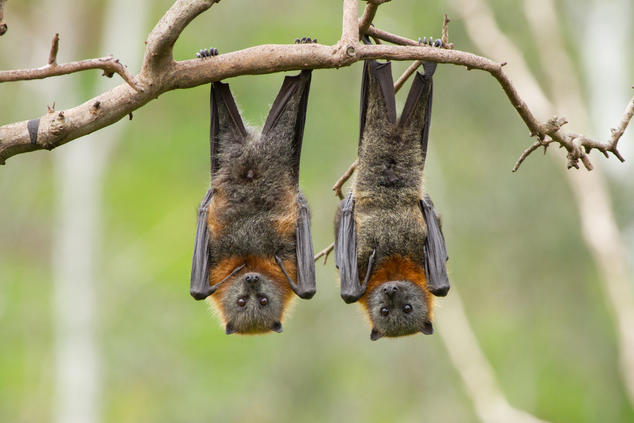India, once the land of Kamasutra, is still in dilemma over how to impart sex education among youngsters. This is because anything related to sex, apart from denoting two genders i.e. male and female, is often demurred. Moreover, people are not willing to understand that lack of knowledge about sexual health is giving rise to problems related to sexually transmitted disease (STD). According to Ms. Vithika Yadav, a senior rights activist and founder at TeenBook, sex education is very important for kids to make informed and responsible choices as they progress on their journey towards adulthood. For the uninitiated, TeenBook is India’s first comprehensive life skills resource for teenagers and it has recently launched The-Incog-Teen-O-Mode, India’s first sex-ed podcast for the Desi teens.

Health Wire spoke to Ms. Yadav to understand more about the importance of sex education. Here are excerpts:
1. Despite several efforts, why this subject is still taboo?
It is true. Being the land of Kamasutra and the times we are living in, it is astonishing how we still consider talking about sex a taboo. One big problem is that sex education is seen as something against Indian culture. My question is what we have to say about the rape cases that happen every single day, sexual harassment that happens every day – is that really a part of our culture? It is often misinterpreted that providing sex ed will encourage young people to have sex, which is completely untrue. Sex ed on the other hand provides young people with information and education on all aspects of sex and relationships that help them make informed decisions regarding their sexual health. We need to do away with shame and stigma and encourage open, honest, and non-judgmental conversations on sex.
2. What is the importance of sex education for kids and their future?
If we want our children to have a better and safer future when it comes to love, sex, and relationships – then sex ed is an absolute must. Sex education not only offers information on sex and sexuality but key issues like gender diversity, consent, body positivity, understanding boundaries, contraception, sexual abuse, stating safe, etc. Come to think of it, if each child is exposed to quality comprehensive sex ed, we would be living in a much healthier world.
3. What are the topics that are covered under sex education?
I think question 2 covers the response to question 3 as well. I would also say that sex education has to be comprehensive, which means Human development (including reproduction, puberty, sexual orientation, and gender identity), Relationships (including families, friendships, romantic relationships, and dating), and Personal skills (including communication, negotiation, and decision-making.
4. Do you really think there’s a need to change the approach towards sex education?
Yes, it is important to have open, unashamed, stigma-free conversations on sex education. Every young person will one day have life-changing decisions to make about their sexual and reproductive health. Yet research shows that the majority of adolescents lack the knowledge required to make those decisions responsibly, leaving them vulnerable to coercion, sexually transmitted infections, and unintended pregnancy. Therefore comprehensive sex ed should be made compulsory.











